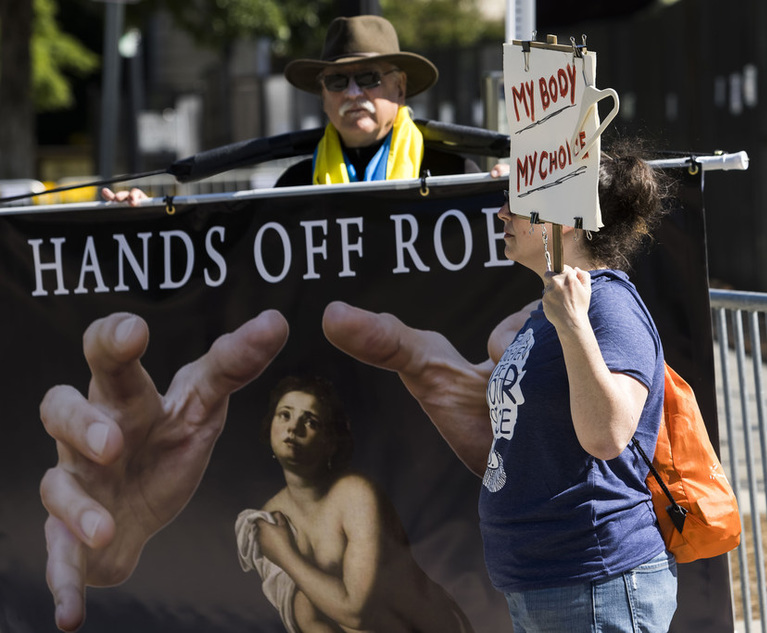In 1973, the Supreme Court ruled in Roe v. Wade that a constitutional right to privacy exists, based on decades of precedent going back to 1891. The court specifically references the right to privacy as having roots in the First, Fourth, Fifth, Ninth and Fourteenth Amendments to the Constitution, as well as in the penumbras of the Bill of Rights. The court further enumerated that privacy rights were upheld in the areas of contraception, family relationships, child-rearing and education. In the Supreme Court opinion in Dobbs v. Jackson, No. 19-1392 (2022), recently reversing Roe, the privacy rights in these enumerated areas will suffer.
The Fourteenth Amendment Due Process Clause, which provides the basis for the right to privacy for parents, is targeted in the Dobbs opinion. Justice Samuel Alito correctly states that the Fourteenth Amendment not only protects the expressed rights in the first eight amendments but also those previously held by the court to be fundamental. What he fails to acknowledge is best said by Justice Potter Stewart in the concurring opinion to Roe, that liberty “is a rational continuum which, broadly speaking, includes a freedom from all substantial arbitrary impositions and purposeless restraints … and which also recognizes, what a reasonable and sensitive judgment must, that certain interests require particularly careful scrutiny of the state needs asserted to justify their abridgment.” See also Poe v. Ulman, 367 U.S. 497 (1961). Justice Stewart goes on to quote Justice Felix Frankfurter, stating, “Great concepts like … ’liberty’ … were purposely left to gather meaning from experience.” National Mutual Ins. Co. v. Tidewater Transfer Co.,337 U.S. 582,646 (1949).


 Stephen Parlato, from Boulder, Colorado, left, and Michelle Peterson, from Silver Spring, Maryland, right, stand outside the U.S. Supreme Court building holding signs in support of abortion rights, May 11, 2022. Photo: Diego M. Radzinschi/ALM
Stephen Parlato, from Boulder, Colorado, left, and Michelle Peterson, from Silver Spring, Maryland, right, stand outside the U.S. Supreme Court building holding signs in support of abortion rights, May 11, 2022. Photo: Diego M. Radzinschi/ALM




